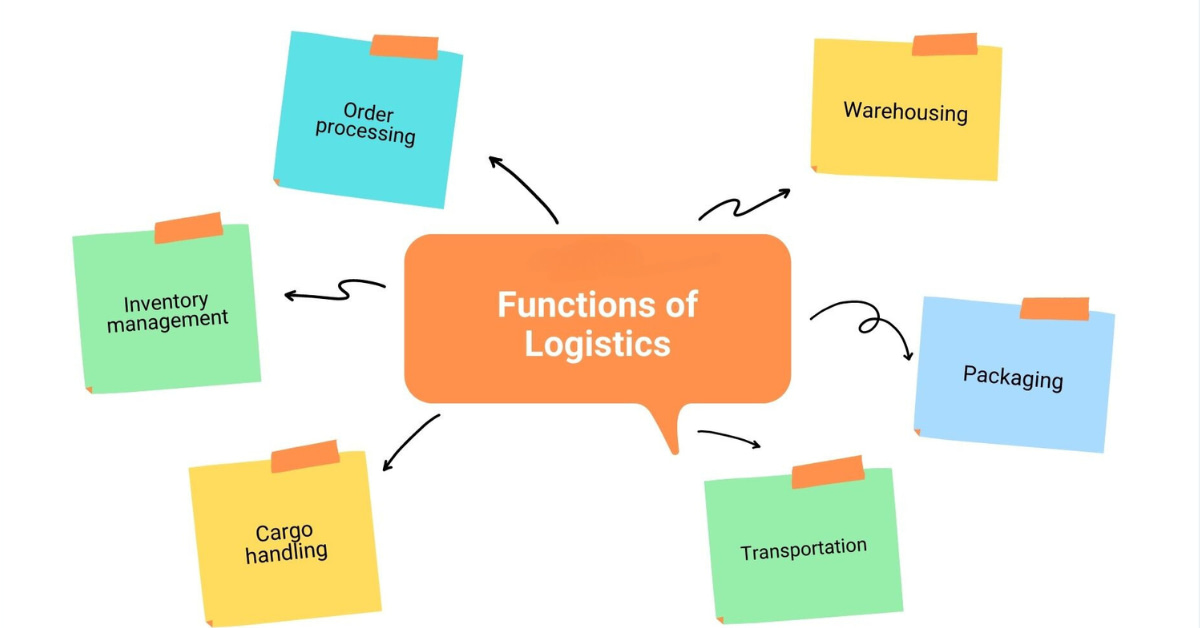In today’s global economy, logistics management is critical for enabling commerce and assuring the success of your business operations. Because of COVID-19, logistics managers faced growing obstacles in developing and sustaining efficient and effective logistics and supply chain procedures.
Here, we look at five managers’ most pressing daily logistics management concerns. The logistics managers addressed challenges that existed before the COVID-19 pandemic but have become considerably more critical because of the pandemic’s consequences.
Main Challenges
1. Cost Control
Controlling expenditures in your transportation budget is another key logistics difficulty for logistics managers. Fuel prices are among the highest in the world, which adds to transportation budget worries. Higher fuel prices will almost certainly boost transportation expenses for US shippers this year by raising fuel surcharges. Furthermore, rising diesel fuel costs in the United States are fuel surcharges applied to freight rates, reversing a two-year trend that reduced truckers’ revenue and earnings as fuel prices plunged.
2. Planning and Risk Management
Periodic analyses and optimizations of each business sector are required to stay as efficient and successful as feasible. The changes are implemented in reaction to market changes such as new product releases, worldwide sourcing, credit availability, and intellectual property protection. Managers must identify and quantify these risks to regulate and mitigate them.
3. Customer Support
Logistics management is concerned with delivering the right goods to the right place at the right time and in the right quantity. One of the major issues in the logistics sector is that clients want complete transparency into where their delivery is always. A customer’s cargo location is now as linked as your social network. Customers’ willingness to pay for fast shipping has dropped as their expectations have increased, with approximately 64 percent of consumers reluctant to pay anything extra for less than a two-day shipment.
4. Partner and Supplier Relationship
It is critical for suppliers and partners to develop, understand, and adhere to mutually agreed-upon standards to better understand current performance and potential for growth. When a supplier and a partner use different communication methods, the supply chain suffers, and time is wasted.
5. Government and Other Restrictions
Carriers are subject to stringent compliance restrictions enforced by federal, state, and local governments. In addition to federal rules, environmental issues such as anti-idling and other emission reduction restrictions enacted by state and local governments have raised concerns that the costs of compliance may outweigh the benefits.
With the shifting landscape of corporate operations, the following difficulties have shifted. As a result, keeping up with these developments and adopting preventative actions to avoid problems is a hallmark of successful logistics management.
Ways To Overcome the Challenges
1. Communication
Communication is critical in any logistics system, especially when a difficulty is on the horizon. When confronted with future industry difficulties, optimization, and planning are critical to limiting risks. It is preferable to look ahead rather than focus on the current market.
To develop a successful communication plan, consider your company’s goals and objectives. Then, using the inside characteristics, you can create a communication strategy that is consistent with your brand and speaks to your customers.
Because the COVID-19 epidemic has disrupted many firm communication strategies, it is critical to rebuild supply chain linkages by focusing on your own organization. Furthermore, focusing on your teams and network will allow you to improve your communication, which is crucial for a successful logistics company.
2. Reduce Costs
Cost is an important consideration for many logistics customers. Consolidating shipments and making the most of available space when carrying things are crucial to lowering costs. Communicating with carriers is critical in this circumstance since they may assist in determining the most cost-effective route. You can also collaborate with third-party logistics providers. Radius Logistics Services can give you access to over 55,000 dependable carriers, guaranteed sea load capacity, and the best freight rates in the market.
3. Logistics Software
The amount of information gathered in this stage can be a logistical difficulty. All the accompanying cargo information necessitates a great deal of care and organization. However, to provide less complex shipping operations, you must use logistics software.
4. Value Relationships
Because the team is an essential aspect of the logistics process, they must be competent and satisfied with their work. Investing in activities that strengthen employee bonds and develop emotional intelligence can have a huge impact on company performance.
We provide several logistics solutions to make your day-to-day operations more efficient and successful, ranging from freight brokerage to outsourced transportation management.
Request a quote today so we can assist you with all your logistics needs.

